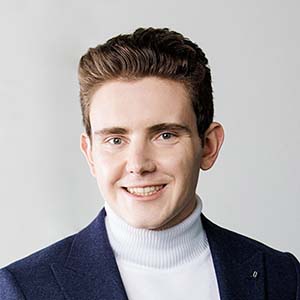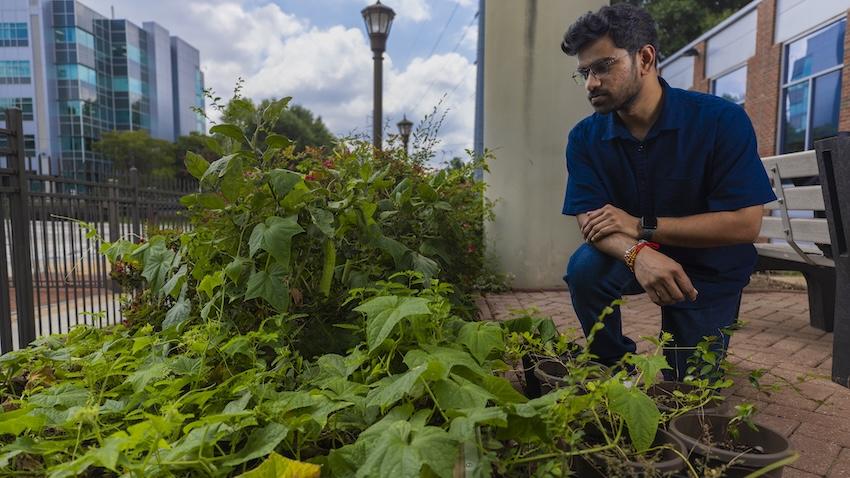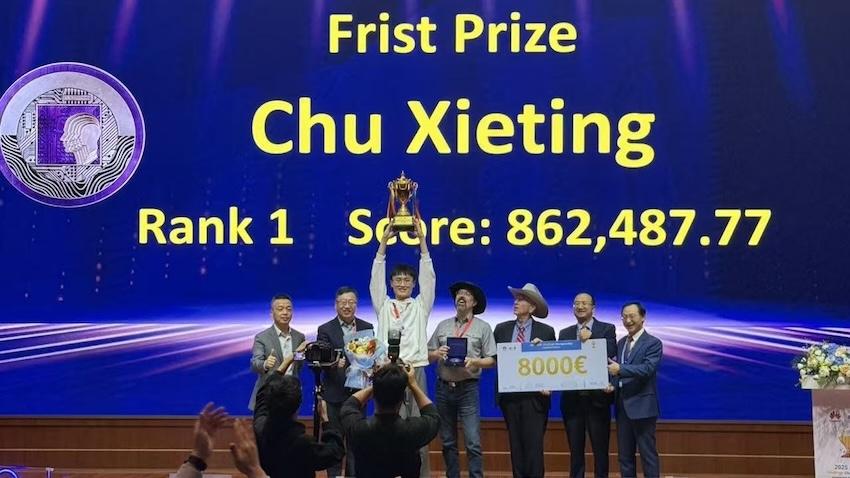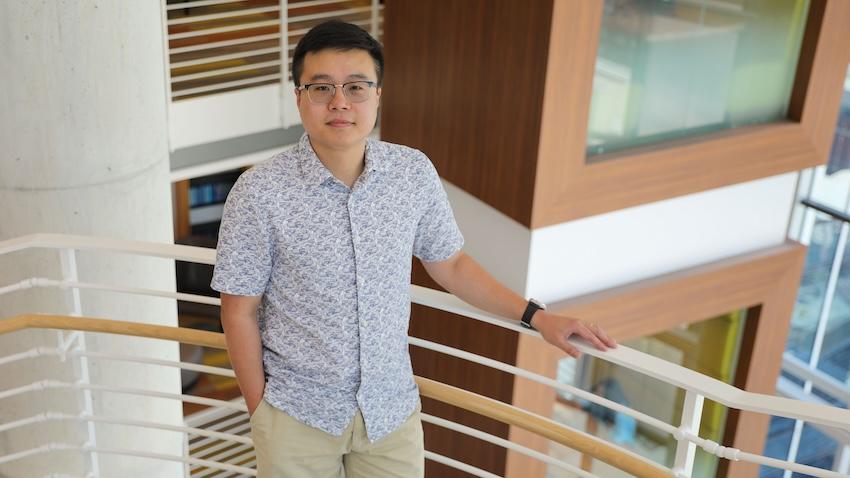
Crucial Role of Teaching Assistants Highlighted at Distance Learning Symposium
In the ever-evolving landscape of distance education, teaching assistants (TAs) are pivotal to ensuring student success and management.
School of Computing Instruction (SCI) TA Adavya Bhutani and former TA Aleksandr Kalenchits shared their experience helping students excel during the recent Celebrating Distance Teaching & Learning Symposium hosted by Georgia Tech’s Center for Teaching and Learning (CTL).
“TAs in these massive distance learning classes are vital in ensuring the courses run smoothly,” Vincent Spezzo, assistant director of teaching and learning online, said. “I view the TA’s role, especially in at-scale courses, as the front-line educator. Students often have regular interactions with a course’s TAs and will connect with them early on during the course.”
The CTL symposium featured several people across the institute who showcased their distance learning expertise through panels, presentations, and discussions, all delivered online. Organizers designed these sessions to empower educators by showcasing innovative methods and technologies they can integrate into their courses.
Scaling classes and establishing organization
Keynote speaker Joel Sokol, who won last year’s CTL Teaching Excellence Award for Online Teaching, explained how the organization behind his classes (Intro. to Analytics Modeling and Applied Analytics Practicum) has evolved as enrollment has grown.
RELATED: Donor to Match Contributions for TA Scholarship Fund
“When I reached 573 students, I didn’t have the time to answer questions. A lot more of those burdens fell on the TAs just because of the scale,” Sokol said. “There’s only one of me. We can scale up TAs one for every 50 students, but I can’t clone myself for every 50 students.”
Sokol sought help from retired U.S. Army Major General Ronald Johnson, who is a Professor of the Practice in the School of Industrial and Systems Engineering (ISyE), to help with organizing so many people. The team created an “army of TAs” with precise lines of command, clear areas of responsibility, and defined specific roles.
Over time, TAs have gained more responsibility for answering administrative and content-related questions, grading, bringing forward issues, and checking for plagiarism.
TAs share their experiences
Similarly, SCI employs about 400 TAs per semester to keep pace with enrollment. Bhutani and Kalenchits discussed their experiences as TAs in large CS 1332 classes.

experience on the panel.
Bhutani stressed the importance of proactive support with regular check-ins, especially for students who might be hesitant to reach out independently. Kalenchits explained the importance of consistent communication as a TA in a large course. He says he still uses those skills in his current role at Salesforce.
“Structured communication becomes the key to the team’s success,” Kalenchits said. “Be consistent in the communication channel used- if it’s going to be a software like Slack, then it has to be that all the time.”
Both also shed light on their team’s flexibility and overall culture. Bhutani discussed how the divide between in-classroom and online teaching has blurred.
“We see hybrid learning becoming more prominent. And that is the case in CS 1332. Our online section, comprising close to 200 students, is completely asynchronous,” Bhutani said.
TAs provide students with a set of modules, which contain recorded lecture videos, along with assessments. The goal is to be flexible and cater to a broad audience.

his experience as a TA.
“We give them different forms of communication. They can learn the material through worksheets, a visualization tool, etc. Those are the techniques I find to be the most helpful- provide a wide variety of resources which are flexible enough for these students to easily follow on their own in an asynchronous mode.”
Kalenchits acknowledged the faculty’s role in setting the tone for the courses they teach with TAs. He credits SCI Lecturer Frederic Faulkner and Associate Chair Mary Hudachek-Buswell for fostering a supportive environment for TAs and students.
“They set the tone for a culture of mutual support and collaboration, which has been instrumental in maintaining the course’s structure despite its large scale.”
CTL also supports TAs through educational programs, like Tech to Teaching, professional development opportunities, consultations, orientations, and recognition programs like Thank-a-Teacher or the TA Awards.
For information on future CTL events and the resources they provide, visit their website here.


